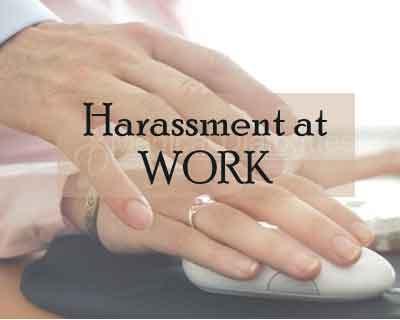- Home
- Medical news & Guidelines
- Anesthesiology
- Cardiology and CTVS
- Critical Care
- Dentistry
- Dermatology
- Diabetes and Endocrinology
- ENT
- Gastroenterology
- Medicine
- Nephrology
- Neurology
- Obstretics-Gynaecology
- Oncology
- Ophthalmology
- Orthopaedics
- Pediatrics-Neonatology
- Psychiatry
- Pulmonology
- Radiology
- Surgery
- Urology
- Laboratory Medicine
- Diet
- Nursing
- Paramedical
- Physiotherapy
- Health news
- Fact Check
- Bone Health Fact Check
- Brain Health Fact Check
- Cancer Related Fact Check
- Child Care Fact Check
- Dental and oral health fact check
- Diabetes and metabolic health fact check
- Diet and Nutrition Fact Check
- Eye and ENT Care Fact Check
- Fitness fact check
- Gut health fact check
- Heart health fact check
- Kidney health fact check
- Medical education fact check
- Men's health fact check
- Respiratory fact check
- Skin and hair care fact check
- Vaccine and Immunization fact check
- Women's health fact check
- AYUSH
- State News
- Andaman and Nicobar Islands
- Andhra Pradesh
- Arunachal Pradesh
- Assam
- Bihar
- Chandigarh
- Chattisgarh
- Dadra and Nagar Haveli
- Daman and Diu
- Delhi
- Goa
- Gujarat
- Haryana
- Himachal Pradesh
- Jammu & Kashmir
- Jharkhand
- Karnataka
- Kerala
- Ladakh
- Lakshadweep
- Madhya Pradesh
- Maharashtra
- Manipur
- Meghalaya
- Mizoram
- Nagaland
- Odisha
- Puducherry
- Punjab
- Rajasthan
- Sikkim
- Tamil Nadu
- Telangana
- Tripura
- Uttar Pradesh
- Uttrakhand
- West Bengal
- Medical Education
- Industry
30 Percent Of Female Doctors In US Facing Sexual Harassment: Study

NEW YORK: A third of high-achieving female physicians or scientists in the US have been victims of sexual harassment, say researchers led by an Indian-origin scientist.
The findings showed that women were more likely than men to report both perceptions and experiences with gender bias.
Gender bias was perceived by 70 percent of women as against 22 percent of men and 66 percent of women said they experienced gender bias compared to 10 percent of men.
In addition, 30 percent of women compared to four percent of men said they had experienced sexual harassment in their professional careers.
"The perception among many of us is that this type of behaviour is a thing of the past. So it's heartening to see quite how many relatively young women in this sample reported experiences with harassment and discrimination," said study author Reshma Jagsi, associate professor at the University of Michigan Medical School.
"This is a sobering reminder that our society has a long way to go before we achieve gender equity," Ms Jagsi added.
The study, published in the Journal of the American Medical Association, showed that the situation reflects a larger societal problem.
Women who experience these types of harassment may be less likely to report these incidents if they feel they are unique and aberrational.
"We need to recognise the degree to which sexual harassment and gender inequality continue to be an issue in academic medicine," Ms Jagsi noted.
Researchers surveyed 1,066 men and women who had received a career development award between 2006-2009 from the National Institutes of Health.
The physicians were asked a number of questions about their career experiences, including questions about gender bias, gender advantage and sexual harassment.


